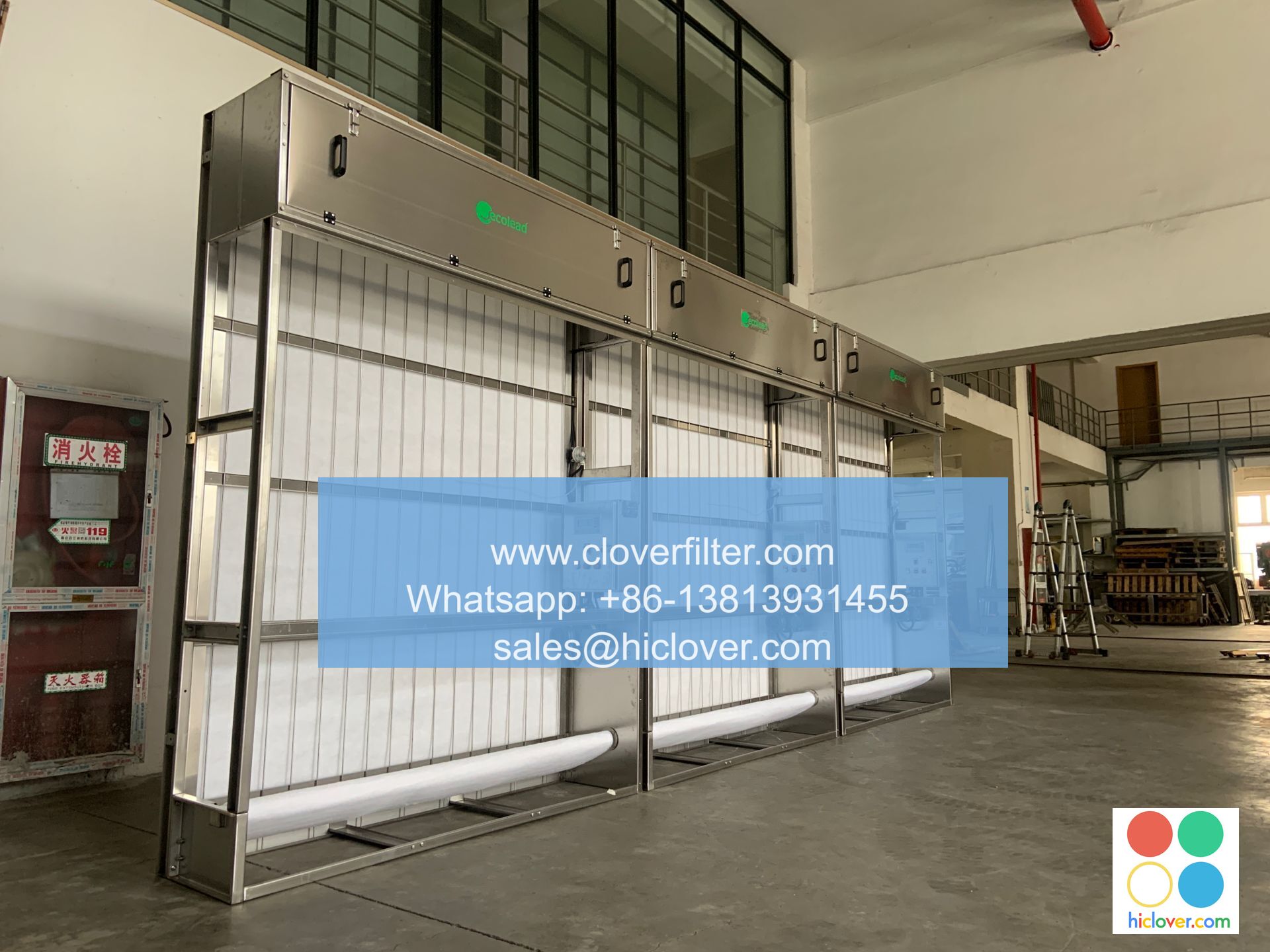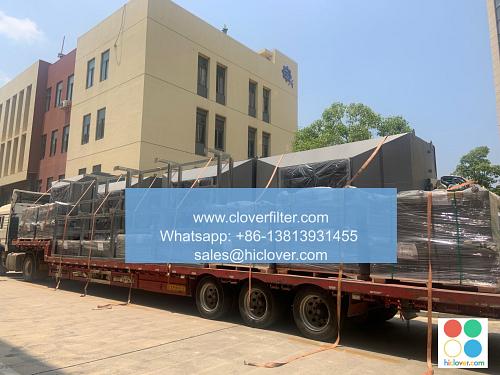Air Quality Monitoring in Manufacturing: Importance of Air Filtration

Air quality monitoring is a critical aspect of manufacturing, as it directly impacts the health and safety of workers, product quality, and environmental sustainability. The importance of air filtration in manufacturing cannot be overstated, as it plays a vital role in removing pollutants and contaminants from the air, ensuring a safe and healthy working environment. In this article, we will discuss the importance of air quality monitoring and air filtration in manufacturing, highlighting various application areas and key technologies used in this field.
Why Air Quality Monitoring is Crucial in Manufacturing
Manufacturing facilities often involve processes that release airborne pollutants, such as particulate matter (PM), volatile organic compounds (VOCs), and other hazardous air pollutants (HAPs). These pollutants can have severe health impacts on workers, including respiratory problems, cancer, and other occupational diseases. Moreover, poor air quality can also affect product quality, leading to defects, contamination, and reduced shelf life. Therefore, air quality monitoring is essential to identify and mitigate these risks, ensuring a safe and healthy working environment.
Key Applications of Air Filtration in Manufacturing
Air filtration is widely used in various manufacturing industries, including:
* Pharmaceuticals and Biotechnology: Air filtration is critical in these industries to prevent contamination and ensure product quality. High-efficiency particulate air (HEPA) filters and ultra-low penetration air (ULPA) filters are commonly used to remove airborne particles and microorganisms.
* Food and Beverage Processing: Air filtration is used to prevent contamination and spoilage of food products. Air filters with antimicrobial properties are often used to reduce the risk of microbial contamination.
* Automotive and Aerospace Manufacturing: Air filtration is used to remove airborne pollutants and contaminants that can affect product quality and worker health. Filter systems with high-efficiency filters and activated carbon are commonly used to remove VOCs and other pollutants.
* Chemical and Petrochemical Processing: Air filtration is used to remove hazardous air pollutants and prevent environmental pollution. Filter systems with specialized filters, such as activated carbon and zeolites, are used to remove specific pollutants.
Technologies Used in Air Filtration
Various technologies are used in air filtration, including:
* HEPA Filters: These filters are designed to remove 99.97% of particles as small as 0.3 microns, making them ideal for applications where high cleanliness is required.
* Activated Carbon Filters: These filters are used to remove VOCs, odors, and other gases from the air.
* Ionization Technology: This technology uses electrostatic charges to attract and remove airborne particles, making it ideal for applications where high-efficiency filtration is required.
* UV-C Technology: This technology uses ultraviolet light to kill microorganisms and remove airborne pollutants.
Benefits of Air Filtration in Manufacturing
The benefits of air filtration in manufacturing are numerous, including:
* Improved Worker Health and Safety: Air filtration helps remove airborne pollutants, reducing the risk of occupational diseases and improving worker health and safety.
* Enhanced Product Quality: Air filtration helps prevent contamination and spoilage of products, ensuring high-quality products and reduced waste.
* Increased Environmental Sustainability: Air filtration helps reduce environmental pollution, ensuring a cleaner and healthier environment.
* Reduced Maintenance and Operating Costs: Air filtration helps reduce maintenance and operating costs by preventing equipment damage and extending the lifespan of equipment.
Conclusion
In conclusion, air quality monitoring and air filtration are critical aspects of manufacturing, ensuring a safe and healthy working environment, product quality, and environmental sustainability. Various technologies, including HEPA filters, activated carbon filters, ionization technology, and UV-C technology, are used in air filtration to remove airborne pollutants and contaminants. By highlighting various application areas and key technologies used in this field, manufacturers can make informed decisions about air filtration systems, ensuring a safe, healthy, and sustainable working environment. It looks like you haven’t provided a prompt for me to respond to. Please go ahead and provide a question, topic, or prompt, and I’ll do my best to assist you.

